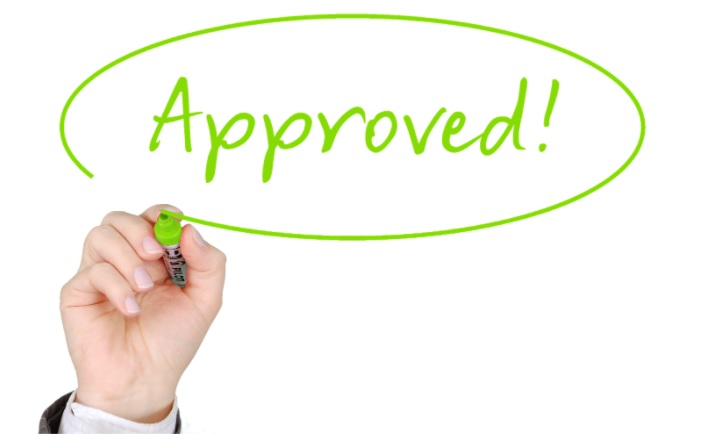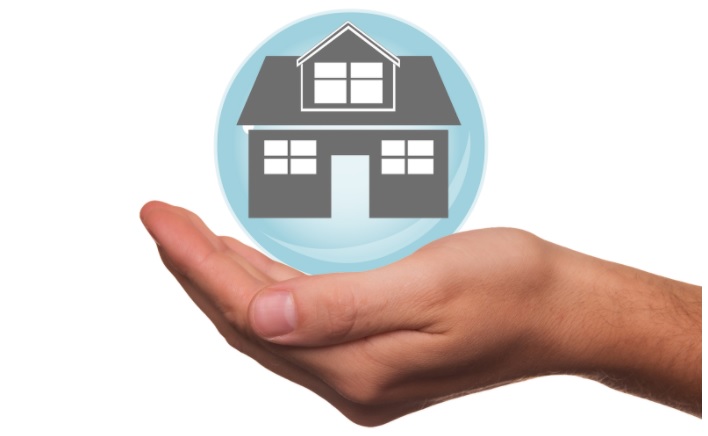
It would come as a shock to many people that very few understand what mortgages are all about and how they work. This has been the reason why many people find themselves with very bad deals once they try to purchase a house, all because they didn’t read the fine print. To help you get the basic idea of how the system works, the following are the things you need to know about mortgages.
What is a Mortgage?
A mortgage is a loan issued by a bank that is used to purchase a house; this loan is secured by collateral of specified real estate property that the one borrowing the money is obliged to pay back with a predetermined set of payments. People use mortgages rather than full payments because a mortgage allows you to make huge purchases without having to pay the full amount upfront, something that many people don’t have with them at any given moment. So in a way, it is a sound way of ensuring you have a roof over your head without having the money for it at that particular moment.
Types of Mortgages

Mortgages come in varying forms, but the most common ones are two; fixed-rate and adjustable-rate mortgages. Each is designed for a specific type of market and for specific types of people.
Fixed-Rate Mortgages
A Fixed-rate mortgage is where the borrower remits the same interest rates for the entire life of the loan. The monthly principal is not altered from the moment they start bringing in their first payment to the very last. It doesn’t matter if the borrower has come into a good amount of money that enables them to increase their installments or if they are running short of what they are supposed to pay. That rate remains the same until the mortgage is cleared.
Adjustable-Rate Mortgage
An Adjustable-Rate Mortgage is the type of mortgage that begins as a fixed rate for an initial period then starts fluctuating up and down with the market interest rates. In this case, the initial interest rate set from the beginning is usually below the market rate, and this makes the mortgage affordable in the short term. However, there’s always the risk of the mortgage becoming burdensome and more expensive if the prevailing conditions force it to be a long-term affair. Once the interest rates increase, later on, the borrower may find themselves in trouble since it may be beyond what they can afford.
Other types of mortgages that are starting to get popular with people include the Interest-Only Mortgage that is used by sophisticated borrowers; it has one unique payment plan that can be obscure for some people. There’s also the Reverse Mortgage designed for older people than 62 years and are looking to convert a portion of the equity in their homes into cash.
Things to do When Selecting a Mortgage Plan

When it comes to selecting a mortgage plan, there are things you need to do first since this is a big decision that will impact your financial health. It is vital that you exercise caution as you move forward to reduce the chances of being driven to ruin.
The Mortgage Penalties
There are a lot of fees and penalties that people are subjected to for every rule they flaunt in regards to the mortgage plan they choose to subscribe to. These fees are never spelled out in the contract explicitly, and you will have to be extra cautious and keen to figure them out. There are arrangement fees, booking fees, valuation fees, and if you are not careful, the bank can take advantage of you in a very bad way, increasing your burden.
Asking Advice
In this case, the mistake people make when it comes to mortgages is either going all-in without doing any research or asking for guidance or asking for advice from the wrong people, in this case, from the bank that finances their mortgage. Always ask advice from experts who are not tied to any bank or any other lender as this gives them the independence to advise you genuinely as opposed to getting advice from a bank that is only after your money and will say anything to make you happy.
Your Financial Health
Taking a mortgage can be a good thing, and at the same time, it can be hell. Only take one if you are sure of your financial health and confident that you can keep paying the loans even when something happens down the road. The thing about banks and lenders, they expect the payments to go on even when you are in the middle of an earthquake or even when your house is swept away by a flood, they simply don’t care, and by law, you are required to continue honoring that no matter. Therefore, make sure you have a backup plan just in case.
Conclusion
A mortgage can be good and bad at the same time; it just depends on who your lender is and the plan you have in place to repay it in full. Therefore, before you start dreaming of your house with that indoor pool lined with an RGB LED light strip, do your due diligence well to ensure that you get the best deal there is out there.
















